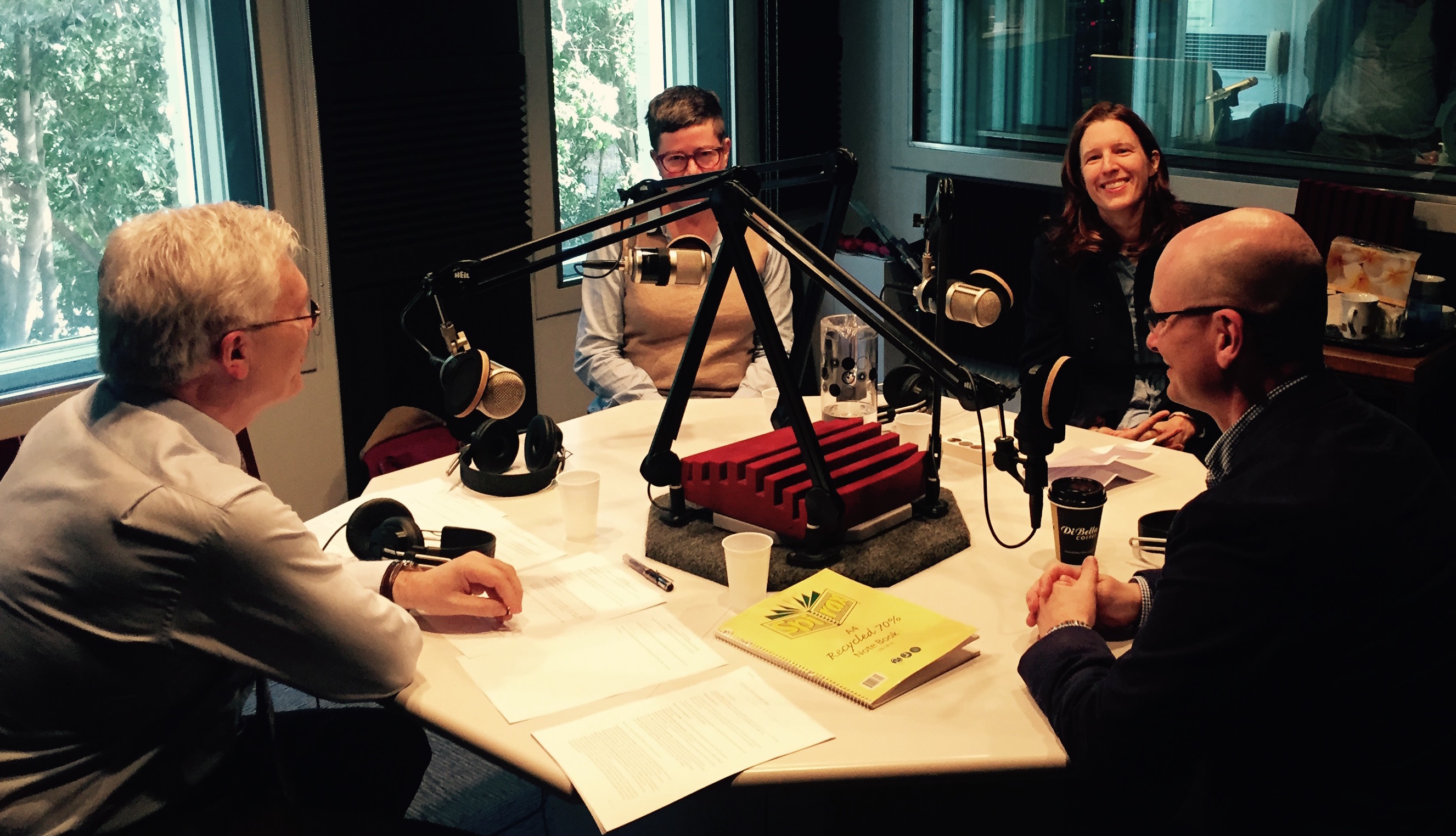How can literature influence public policy?

‘We need to use words to once more see each other for what we are: fellow human beings, no more, no less.’
Published 8 September 2016
“We need to use words to once more see each other for what we are: fellow human beings, no more, no less.” These are the powerful words of author Richard Flanagan during his lecture Does Writing Matter? at the Melbourne Writers’ Festival.
“It is not that literature should prosecute a case or carry a message. It is that at its best it does neither. At its best it escapes the conventional categories of ideology, convention, taste and power, it subverts and questions and dares to rebel,’’ he told the audience.
At a time where we are witnessing the rise of right-wing politics in America and Europe and Australia’s migration policy continues to cause controversy, The Policy Shop podcast asks: has literature failed to elicit empathy for our fellow human beings? Are we asking too much of literature in an age of 140 characters or less and how can literature effect change in public policy?
Joining the host, Professor Glyn Davis, Vice-Chancellor of the University of Melbourne, are Chloe Hooper, author of The Tall Man, Sophie Cunningham, author and former editor of the literary journal Meanjin, and Associate Professor Timothy Lynch, founder of the Great Books Masterclass series at the University of Melbourne.
The Policy Shop is a podcast where we look at public policy subjects with global and Australian experts. Subscribe on iTunes and follow us on Twitter.

Banner Image: Shakespeare & Co. Paris. Picture: Alexandre Duret-Lutz
Subscribe to The Policy Shop through iTunes.



